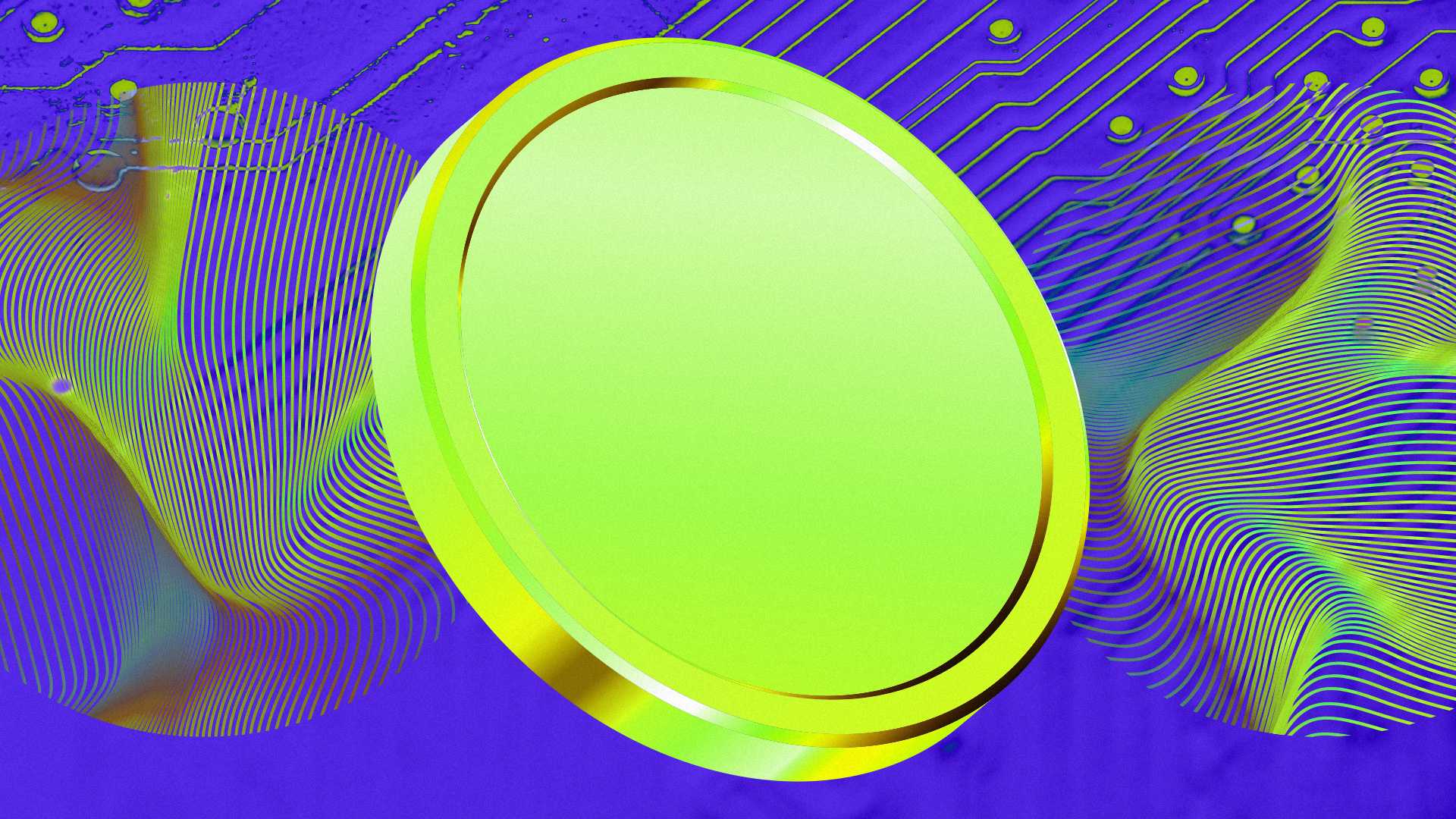ICOs' arbiter: the Howey Test


In light of recent SEC announcements related to ICOs and token sales, The Block decided to review the landmark Howey Test. The Howey Test determines if a transaction represents an investment contract. The SEC has made it clear that the Howey Test applies to crypto as it does to other investments.
"We are not going to do any violence to the traditional definition of security that has worked for a long time," SEC Chairman Jay Clayton said in June.
Per SEC v. Howey, here are the characteristics of the test:
- There is an investment of money
- There is an expectation of profits from the investment
- The investment is in a common enterprise
- Any profit comes from the efforts of a promoter or third party
In the U.S., investment contracts are one of the types of investments that is listed as a "security" and as a result, must comply with both the Securities Act of 1933 and the Securities Exchange Act of 1934. All securities are subject to certain disclosure and registration requirements including a description of the company's properties and business purpose, security being offered, management information and company financial statements certified by independent accountants.
With the cease-and-desist orders entered under the Securities Act of 1933 against Paragon and CarrierEQ Inc. (Airfox), the SEC seems to be cracking down on illegal ICOs as well as investors and exchanges in the digital asset space.
"Any entity that provides a marketplace for bringing together buyers and sellers of securities, regardless of the applied technology, must determine whether its activities meet the definition of an exchange under the federal securities laws," the agency said in a statement November 16. Notably, the agency charged the founder of decentralized exchange EtherDelta with running an unregistered securities exchange.
With contributions from Frank Chaparro.
[related id=1]





